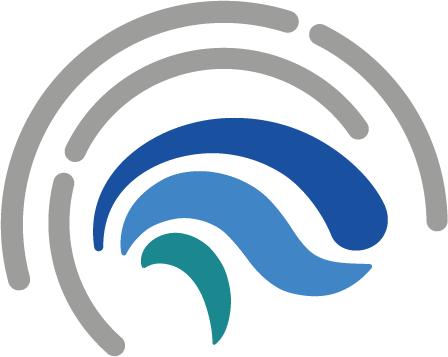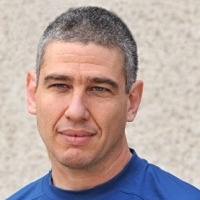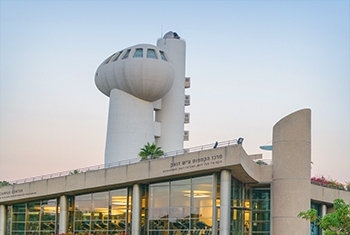The Azrieli National Institute for Human Brain Imaging and Research was established in 2016. Promoting in-depth examination of brain physiology, biochemistry, and functioning, as well as the onset and progress of brain-related pathologies, the Azrieli Institute also advances the tools and technologies, particularly high-field magnetic resonance, that scientists use to reveal the brain's mysteries.
The centerpiece technology of the Azrieli Institute is the recently-purchased 7 Tesla magnetic resonance imaging (7T MRI). An unsurpassed tool for non-invasive in-vivo imaging, the 7T MRI has the ability to provide functional and physiological information at spatial and temporal resolutions from small or large animals and from humans, and to co-register this information with high-resolution anatomical images of the studied tissue or organ.
This core facility serves Weizmann Institute brain researchers, and also facilitates their collaborative work with scientists from the Technion, the Hebrew University of Jerusalem, and the Tel Aviv Sourasky Medical Center.



